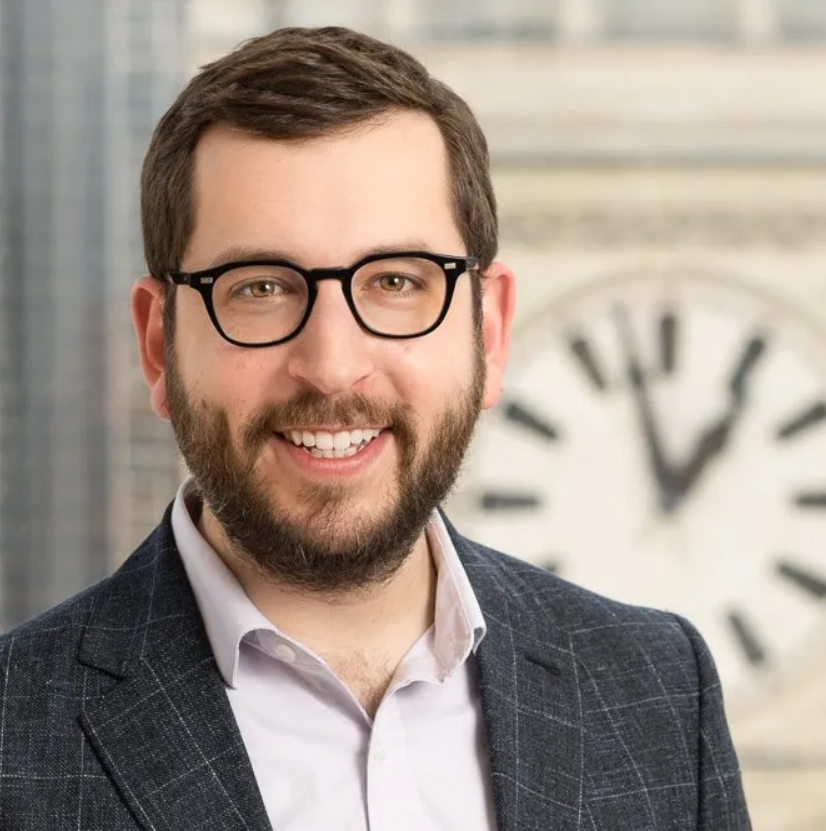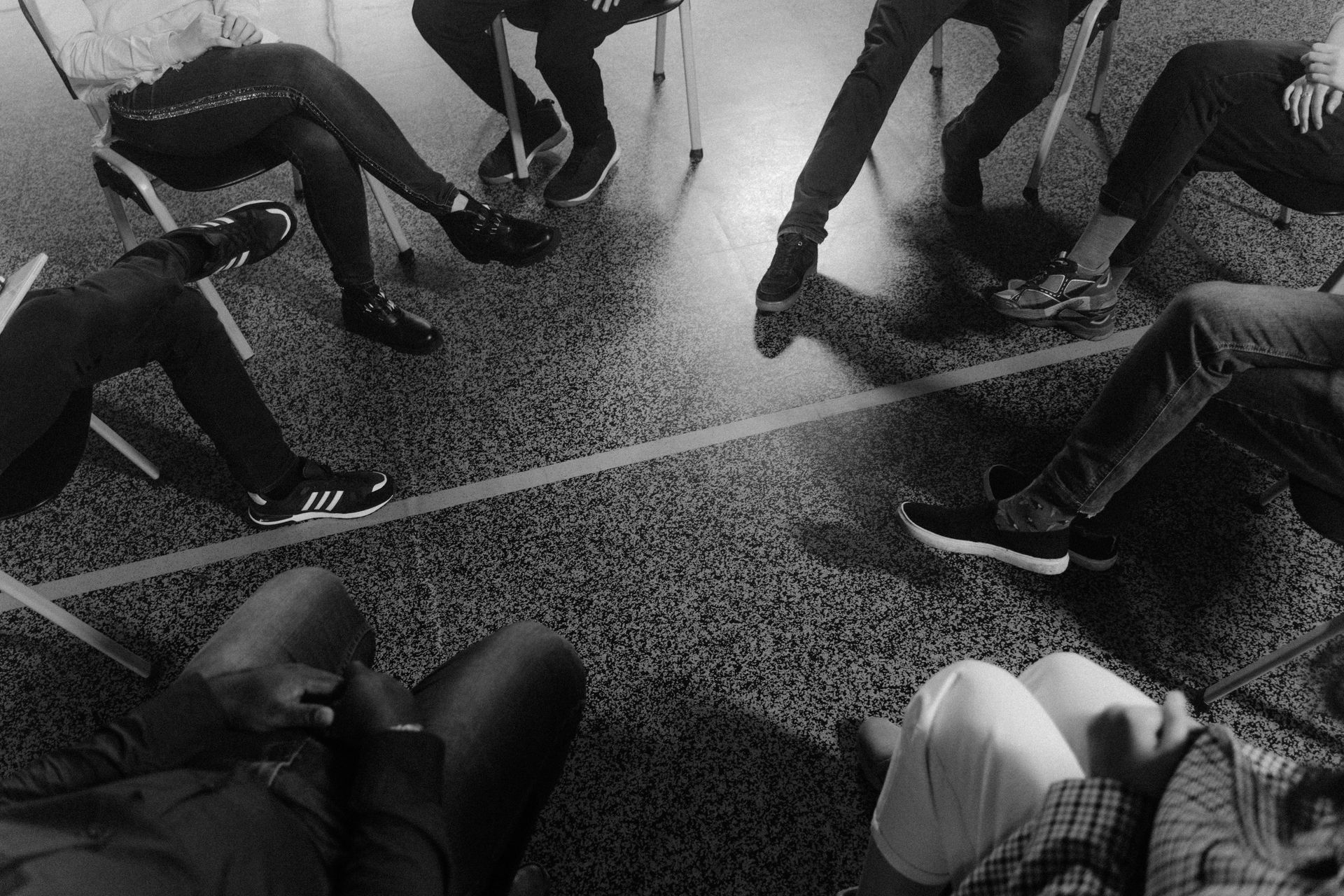FDH Highlights: Dr. Jonathan Adelstein

FDH Highlights: Dr. Jonathan Adelstein
In this series, you’ll have the chance to meet and get to know the inspirational team members that make up the unique at-home behavioral health treatment provider Front Door Health.
Dr. Jonathan Adelstein MD, DABPN and Chief Medical Officer of Front Door Health is passionate about building strong relationships with patients and providing them with the care they need to heal and grow.
Below, Jonathan shares more about his background, what he feels are the most important aspects of his job at Front Door Health, his views on the current healthcare system, and much more…
What led you to becoming the Chief Medical Officer of Front Door Health?
A lucky combination of circumstance, opportunity, and frustration. Right place, right time.
I’ve worked all over, in a bunch of cities and different treatment environments, trying to find my fit—but I was burning out. Addiction is a tough illness to treat—even more so when the treatments offered don’t work. And it’s tough to innovate in medicine because new treatments must be (appropriately!) validated with extensive evidence—you don’t want to hurt anyone with something that’s untested. What’s especially frustrating in the field of addiction, though, is that we know our current treatments don’t work, and we have evidence of alternatives that do work, but we don’t offer those alternatives or apply our collective knowledge. Luckily, I met Paul and Eric.
Paul shared with me his idea, and it was immediately, intuitively, obviously apparent that his idea was a far better way to treat addiction. I somehow convinced Paul that I was the right person to spearhead his clinical program. And the rest is history.
Where did you go to school and what degrees do you hold?
I went to Swarthmore College for my undergrad years, and I have a BA in English Literature and Psychobiology. I then went to NYU for medical school (my MD) and trained at NYU and Bellevue Hospital for my psychiatry residency. I also completed a research fellowship at the Howard Hughes Medical Institute (HHMI).
I’m biased but I truly think NYU is the best (or at least among the best) place to train for psychiatry in the country. The combination of intense, grounded, practical skills you learn quickly in a place like Bellevue mixed with the storied, ivory tower intellectualism and rich psychiatric history of NYC and NYU specifically—throw a rock down park avenue and you’ll likely hit at least twelve of the nation’s top psychiatrists—make for a real crucible that churns out brilliant, talented, fearless, social justice-minded psychiatrists year after year. I’m completely humbled and grateful for the experience.
Then I moved to Seattle to complete my addiction fellowship at the University of Washington, arguably the institution that pioneered integrated care in medicine.
What is the most important part of your job?
Broadly, relationships. Relationships among our team, with our clients, with other providers…If you ask anyone on our team, they will tell you that they’re probably tired of hearing me say that my number one priority is creating a healthy workplace. This does not exclude the importance of caring for our clients. In fact, I think effective, quality care cannot be delivered if the team that delivers that care isn’t thriving.
It’s often said that it takes a village to treat addiction. It’s hard work, we have to understand and trust each other, and that is felt and experienced daily by our clients. If the relationships among our team are fragmented, then it becomes that much harder for clients to see and understand the relationship between all the different parts of themselves and their world that impact and are impacted by this illness. Primarily, it’s my job to keep those gears turning.
What are the biggest struggles in the mental health field?
How much time you got?
I like Paul’s answer to this question, and I would add that an enormous amount of social (and even political and economic) problems are dumped unfairly on the mental health system. Issues like housing inequity, social justice, gun control…regardless of your politics, I don’t think anyone would argue that these problems don’t overlap at least to some degree with mental health. But none of these problems can be solved by a visit to your psychiatrist, rarely even on an individual level. Yet mental health providers often find themselves in the desperate position of wanting to help someone whose problems are much bigger than the services we offer can solve.
With addiction specifically, by virtue of working in the field, you become an advocate whether you want to be or not. The challenges are so much more complex than our system is equipped to manage that you have to fight very hard for every inch of progress. At the same time, I’m incredibly proud of our team for doing the absolute best they can to keep fighting that fight, raising awareness, thinking creatively, and dedicating their careers—and truly their lives—to combating this illness and making this enormous problem even just a little bit smaller.
Oh, and also we undervalue emotional literacy.
If you could change one thing about the current healthcare system, what would it be?
I’d make all healthcare free.
I’d go back in time and erase the entire concept of employer-sponsored health insurance…I’d make it so that concept didn’t even exist. Or maybe the idea of health insurance in general.
Realistically, I don’t think we’ll ever get there; our entire system is dependent on healthcare economics, and it is so layered and interwoven among different aspects of our society that— at this point—it would be almost impossible to unwind. Our patchwork of bug fixes isn’t doing the job. I think we need to start from scratch, but I get that that’s a pipe dream and we’re stuck where we are. That doesn’t mean we should stop trying, though!
What are your hobbies?
I love cooking. In another life, I would have been a chef, or a food writer, or a baker, or had some other career in the food world. It’s a creative outlet, it’s fun, it’s somehow both healthy and indulgent, it’s practical and it keeps me busy.
When I’m not working or cooking (which is rare), I’m spending time with my family (my wife and two young sons), traveling, reading, watching movies, or exercising. I don’t sleep much, or nearly enough.
What else would you like people to know about Front Door Health, your team, and/or you?
That we exist!
That treatment as usual doesn’t have to be the only answer. That people really do care; that this road is long and bumpy but there is hope; that relapse isn’t the end; that small changes over a long period of time really do make a big difference.
Would you rather fight a bear or a shark? Please explain why.
Is it true that sharks can’t see you if you stop moving? Or that you play dead to avoid a bear attack? I’m not a very good actor…I’d probably be much better at staying still than playing dead. So, shark, I guess? But I’m probably dead either way. Maybe I’ll just hide behind Paul.
About Front Door Health
Front Door Health provides judgment-free in-home treatment for patients when they need it. We take an evidence-based approach to treatment, and we create custom treatment plans for our patients to increase their chances of success. Our treatment process is client-focused and individualized. This means no group sessions with strangers and no “treatment as usual” approach. You are unique and the treatment plan we create for you is designed to meet you where you are along your journey and help you to reach your recovery goals.
We understand that it can be difficult to put your life on hold and take time off work. Our in-home treatment allows you to continue to meet your work, school, family, and other obligations while receiving the treatment you deserve.
If you would like to learn more about in-home treatment, contact Front Door Health today. We’re happy to answer any questions and provide you with the help you need.
info@frontdoorhealthcenter.com



